Why Is My Dog Coughing and Gagging: Common Causes and Solutions
At times, a dog’s nighttime noises can be unsettling, especially the strange sound that resembles a goose honking. This troubling sound is often accompanied by a rough, gagging noise.

While these sounds might not always signal a serious issue, understanding them can help determine when a trip to the veterinarian is necessary. Being informed about what causes these sounds and when to seek help can make a significant difference in a dog’s health and well-being.
Distinguishing Between Coughing, Gagging, and Vomiting in Dogs
Understanding the differences between coughing, gagging, and vomiting in dogs can be helpful for pet owners.
Coughing

Coughing is often a quick burst of air from the dog’s lungs. It might cause some saliva or mucus to be released, but these are typically swallowed right away. Despite any noise it creates, coughing doesn’t lead to anything coming out from deeper inside the body.
Gagging

Gagging often occurs along with coughing. When a dog gags, it might open its mouth wide and make a noise similar to retching. However, unlike vomiting, gagging doesn’t result in anything substantial coming from the dog’s mouth. Sometimes, a small amount of mucus might be seen, which the dog could swallow.
Vomiting
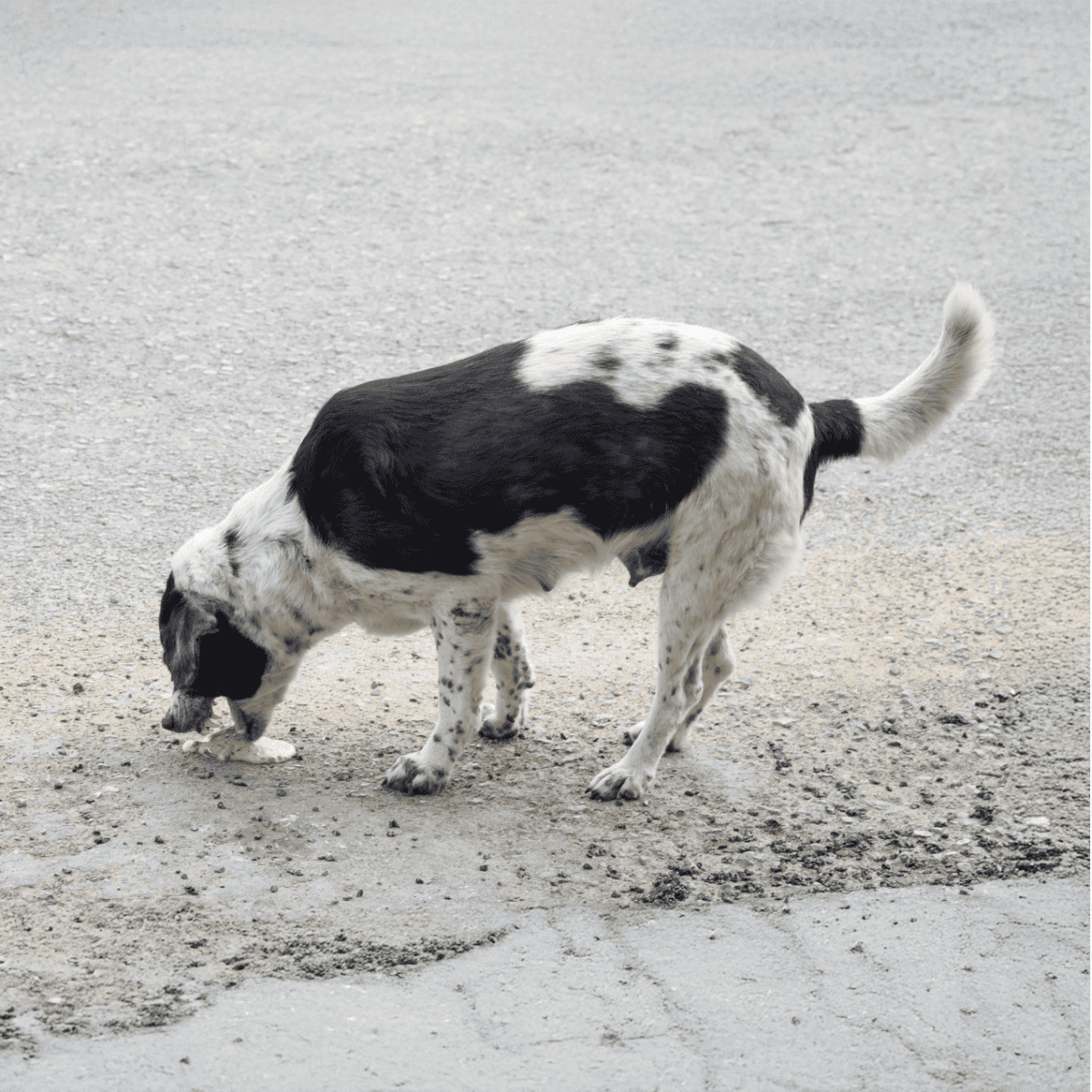
Vomiting is quite different, often leaving visible signs like food or stomach contents on the ground. When a dog vomits, it’s obvious because the act involves more significant expulsion from the stomach. Recognizing these signs can aid in communicating with a veterinarian for a clearer diagnosis. A video of the behaviour may also assist in distinguishing the problem if consulting a professional.
Why Does My Dog Cough and Gag?
Dogs can cough and gag due to inflammation near the voice box. Identifying the exact cause often needs a vet’s help. Two common reasons are infections and issues with the voice box.
Infectious Causes
Kennel cough is a common respiratory illness in dogs, characterized by a distinctive, loud cough that can resemble the honking of a goose. This condition can sometimes lead to gagging, which may be alarming for pet owners. However, other illnesses can present similar symptoms. For instance, the Canine Influenza virus can also trigger coughing, often accompanied by a runny nose.
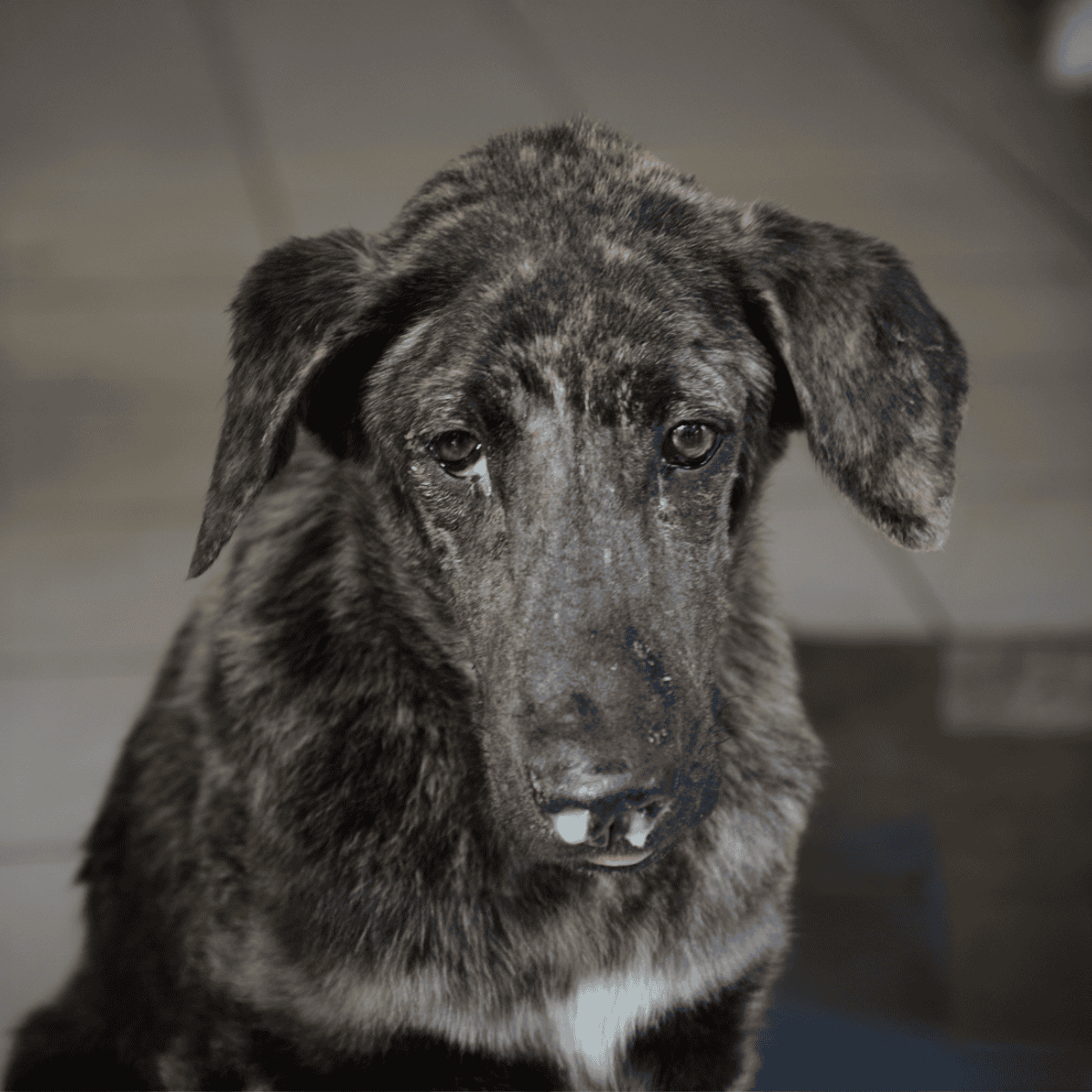
It’s important to note that while kennel cough and canine influenza are typically mild, pneumonia is a more serious condition that can result in persistent coughing and gagging, along with other severe respiratory symptoms. If you notice any of these signs in your dog, it’s crucial to consult a veterinarian for proper diagnosis and treatment.
Laryngeal Paralysis
This condition mostly affects older dogs, like Labrador Retrievers. It causes the voice box to not close properly, allowing food to enter the airway. Loud breathing is a key sign of this issue. Symptoms tend to appear slowly and worsen over time.
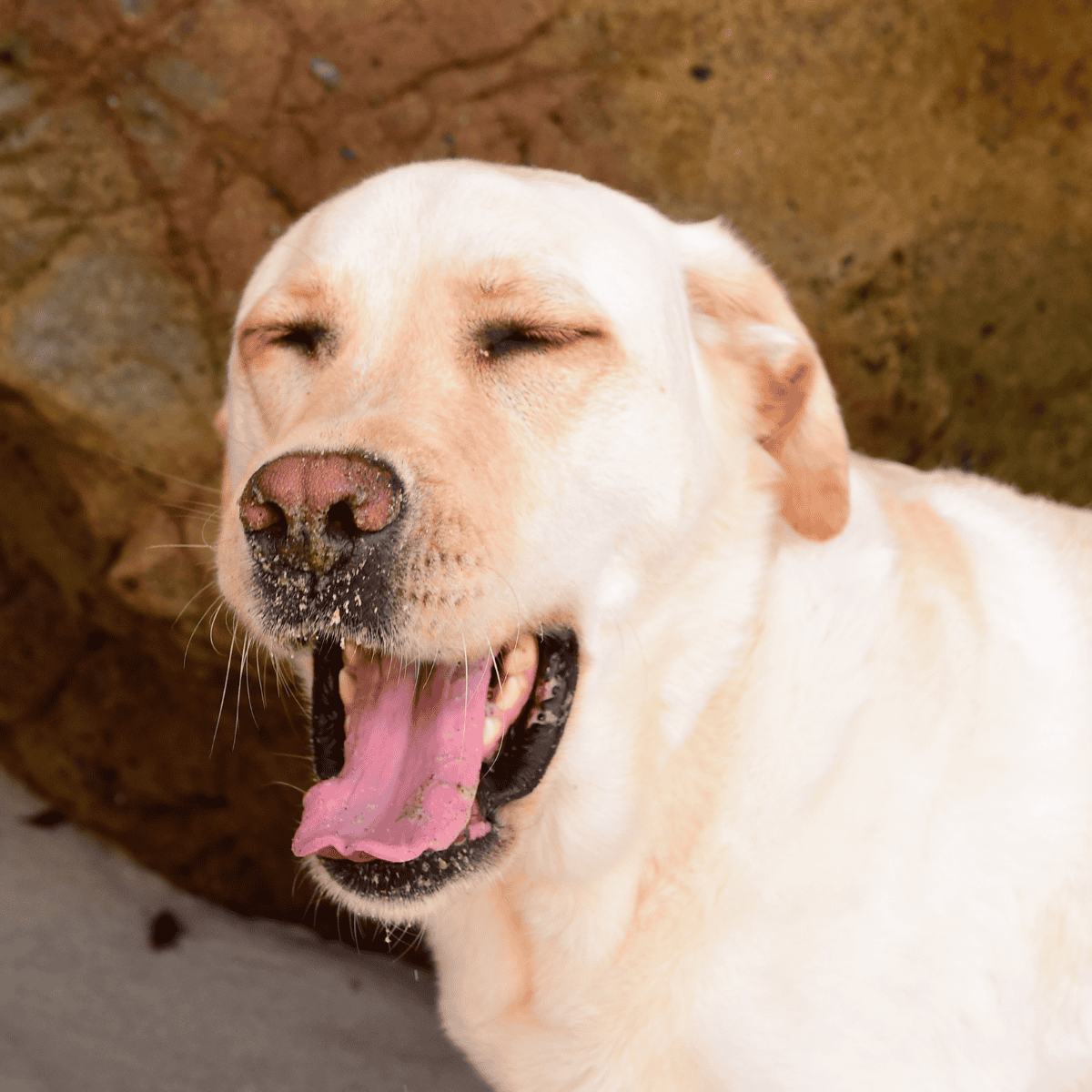
Sometimes, a severe cough from any reason can cause throat irritation, leading to mucus buildup and a gag reflex. Frequently, this gag may come with slight bleeding due to irritation. Addressing these symptoms is crucial to ensure the dog’s comfort and health.
Heartworm Disease
Heartworm disease is a serious condition transmitted through mosquito bites. This disease affects the heart and lungs of a dog. Symptoms such as coughing, gagging, fatigue, and trouble breathing may appear in severe cases.

Early treatment is crucial to avoid long-term damage. Prevention is key, involving regular heartworm prevention medication prescribed by a vet. Regular testing is also recommended to catch any infection early.
Allergies
Allergies can cause coughing and gagging in dogs. Similar to humans, dogs can be allergic to environmental factors like pollen, dust, or mould, as well as certain foods or medications.

These allergies can cause dogs to cough, sneeze, or have itchy skin. Visiting a vet is essential to identify triggers and manage symptoms. Treatment may include antihistamines, special shampoos, or changes in diet to reduce allergenic exposure.
Tracheal Collapse
Tracheal collapse is a chronic condition that affects some small dog breeds. The trachea, or windpipe, loses its normal shape, leading to difficulty in breathing. A major symptom is a harsh, dry cough, often compared to the sound of a goose honking.
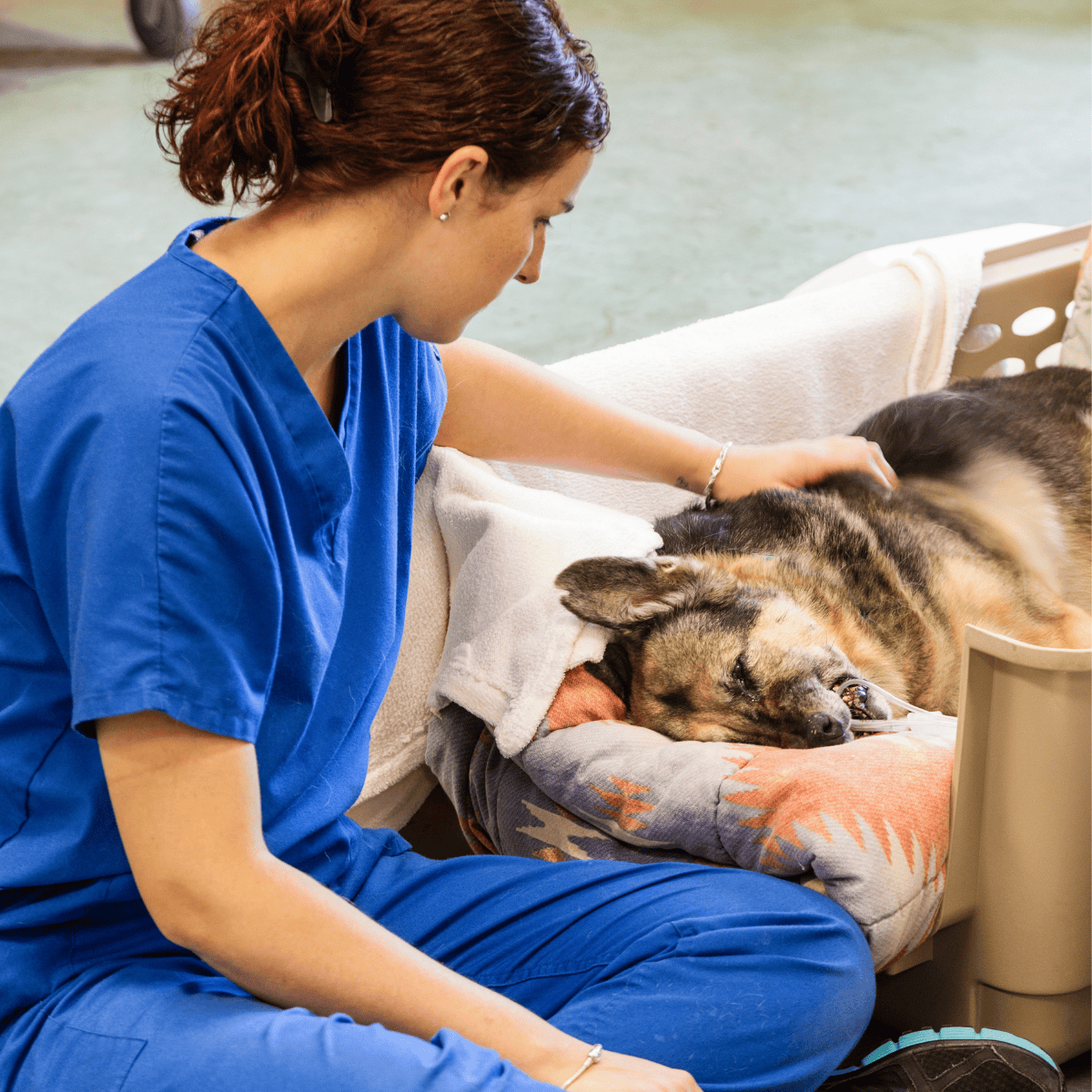
Tracheal collapse can be worsened by obesity or exposure to smoke. Treatment options can include weight management, medication for coughing, and in severe cases, surgery. Regular check-ups with a vet can help manage this condition effectively.
Enjoying this read?
We publish this content for free to generate interest in our Premium members' area. By subscribing, you can ask the writer any questions related to pet care and this article, get access to 100+ Premium Pet Care Guides and go Ad-Free with DogFix Premium for $2.99.
When to Worry About a Dog Coughing and Gagging
Dogs might cough and gag sometimes just like humans might if they swallow wrong. Usually, this isn’t a big issue right away.

If a dog is acting normal, breathing easily, eating, and drinking well, you can monitor the situation for a few days—around 48 to 72 hours. There’s generally no need for immediate concern unless symptoms persist.
Certain signs indicate it’s time to see a vet. If the dog seems anxious or upset, struggles to breathe, or if their breathing becomes noisy, it’s important to seek veterinary care promptly. These symptoms may signal more serious health problems requiring immediate attention.
Symptoms Accompanying Coughing and Gagging
When a dog coughs and gags, monitor for other signs that might help pinpoint the cause. Behaviour changes, appetite loss, and fatigue could signal different health issues. Keeping track of these symptoms can guide decisions about veterinary care.
Changes in Behavior
Dogs may act differently if they’re feeling unwell. They might be restless or unable to settle down. Sometimes, they seek more attention or comfort.
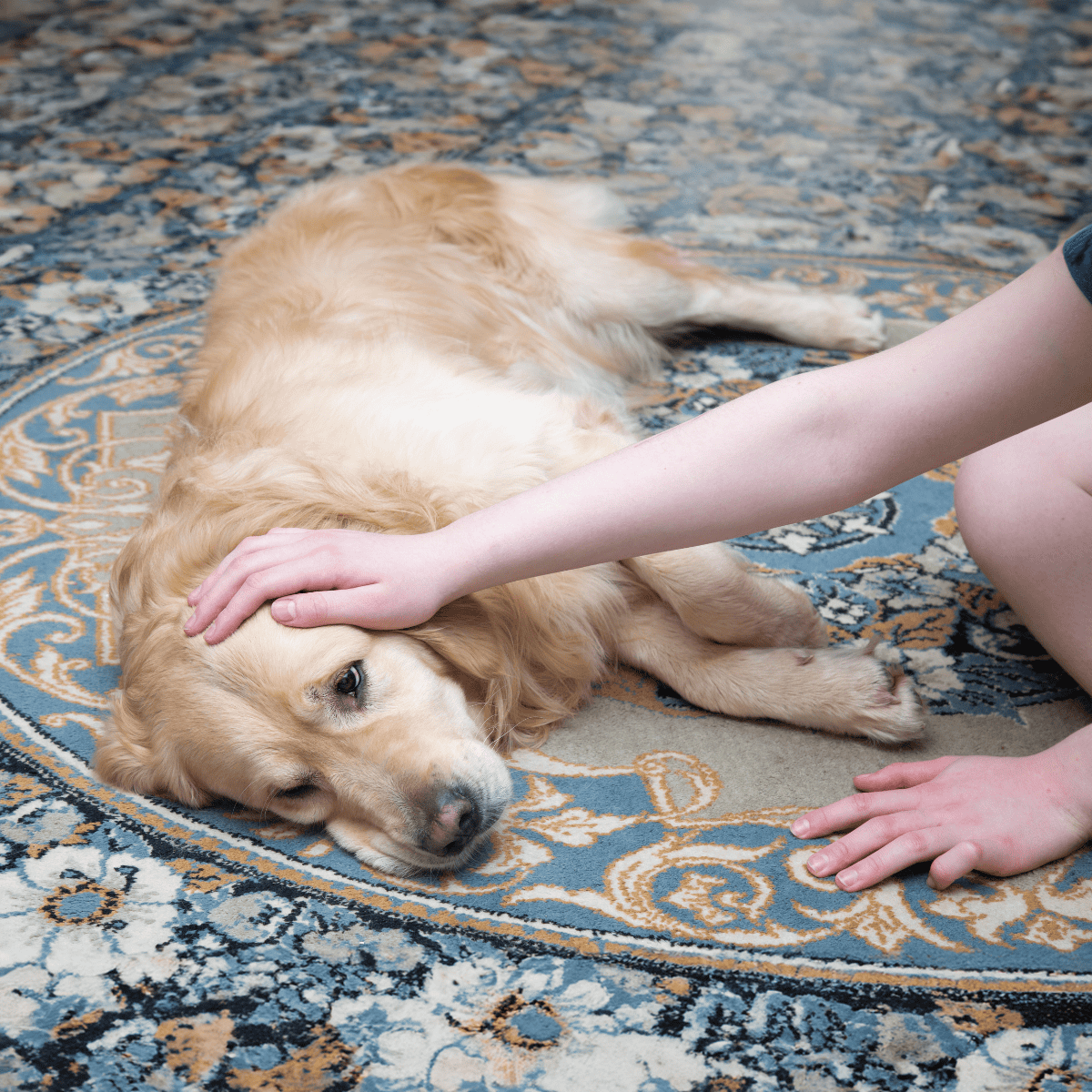
In other instances, a dog could become less interested in activities. If they seem withdrawn or shy away from usual playtime, it’s a sign. Consistent changes in behaviour often mean it’s time for a check-up to understand what’s going on.
Appetite Loss
When a dog doesn’t want to eat, it’s concerning. Decreased interest in food can be linked to infections or respiratory issues. It might also be a reaction to discomfort from coughing and gagging.
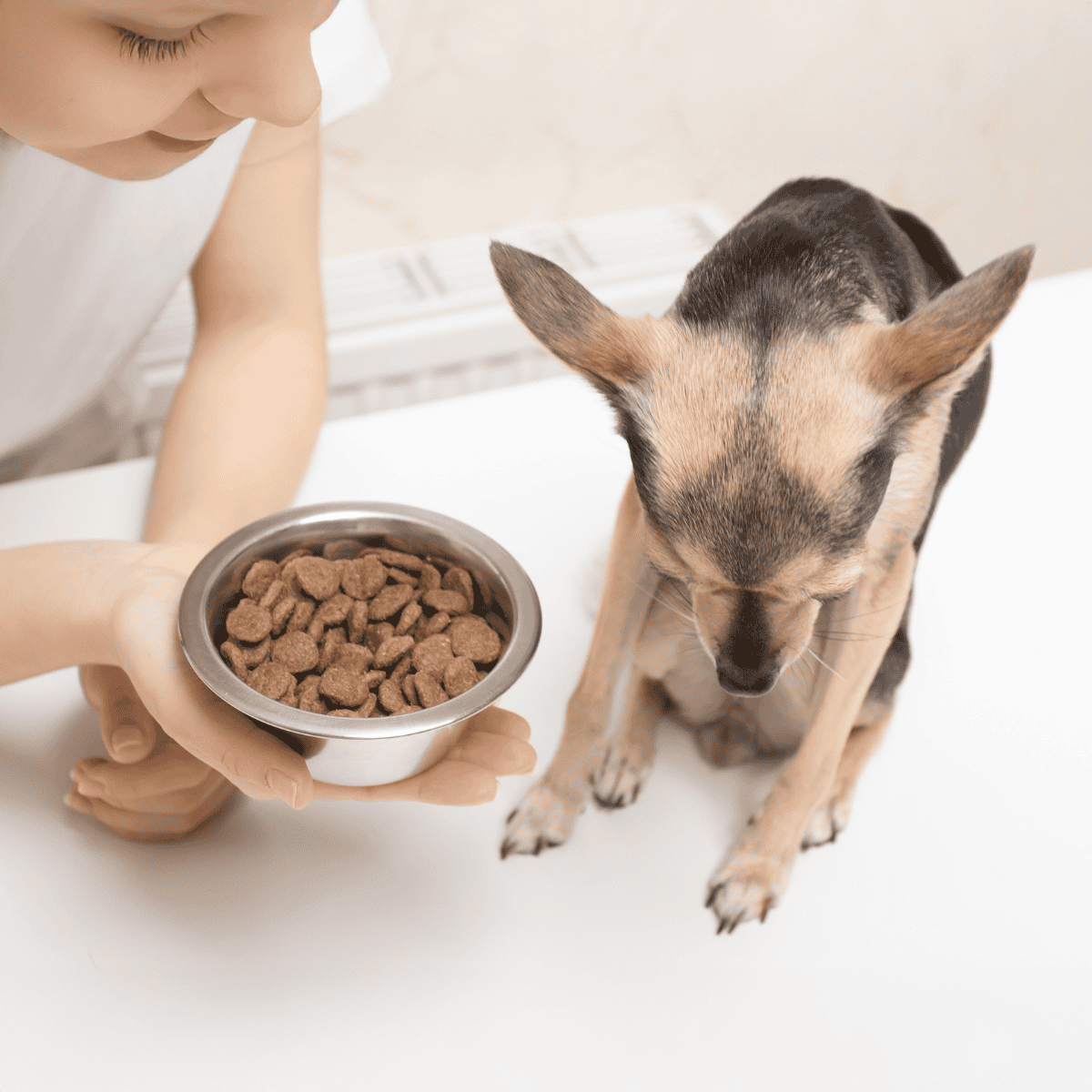
Owners should watch if their dog skips meals or eats less than usual. Weight loss over several days could be serious. Keep note of eating habits and consult a veterinarian if appetite changes persist.
Fatigue
Fatigue is another sign to watch for when a dog is coughing and gagging. They might tire more quickly during walks or play sessions.

This lack of energy can be linked to respiratory problems, where breathing difficulties make exercise hard. Look for signs like needing more naps or seeming low on energy. If fatigue accompanies other symptoms, it’s important to seek veterinary advice.
Figuring Out Why a Dog Is Coughing or Gagging
Figuring out why a dog has a cough or gagging issues means paying close attention to the symptoms. A full physical exam by the vet is always necessary. Sometimes, the vet can identify the problem from the exam alone.

Other times, extra tests might be needed. Common next steps include blood tests to check for infections and X-rays of the neck and lungs. If the vet thinks the issue might be laryngeal paralysis or something swallowed, sedation might be used for a more detailed look at the larynx.
Solutions for Canine Coughing and Gagging
Dog coughing and gagging can often be treated easily. When a more serious cause is the issue, such as pneumonia or laryngeal paralysis, treatments are available. These can either resolve the problem or ease the symptoms, making the dog more comfortable.

Upon diagnosing the cause, a vet might prescribe antibiotics for infections. Other medications could lessen the intensity of the cough. For some conditions, adjustments to the dog’s routine might help. For instance, raising the height of food and water bowls can lessen the impact of laryngeal paralysis.
Using a harness instead of a traditional collar can be beneficial if the dog has a collapsing trachea. The specific treatment needed depends on why the dog is coughing. Each approach focuses on the main cause to provide relief.
Ways to Stop Dog Coughing and Gagging
Keeping your dog from coughing and gagging might involve some straightforward actions. Start with making sure all vaccinations, including the Bordetella vaccine, are current. The Bordetella vaccine is crucial because it targets a common cause of coughing in dogs.
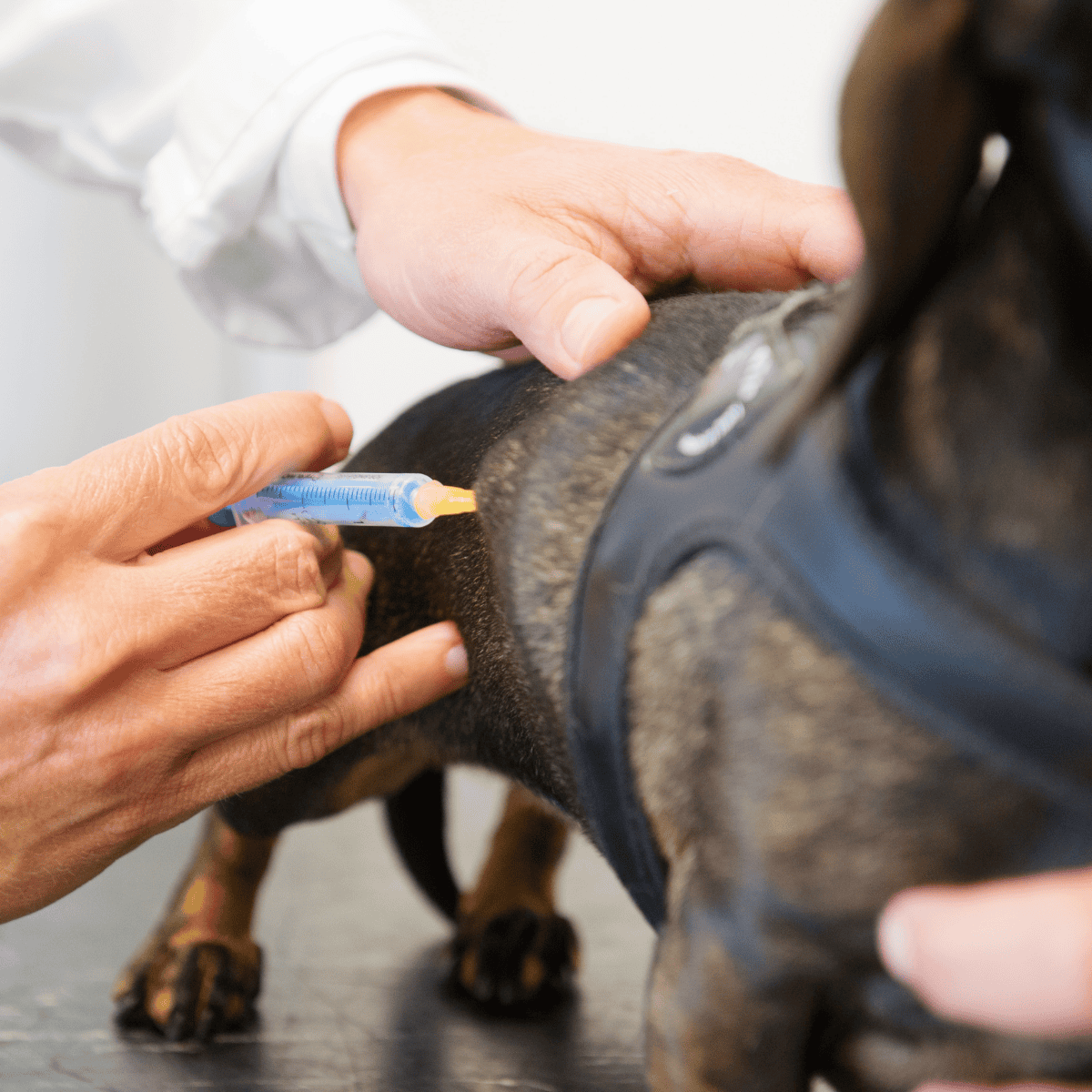
Dogs at higher risk, such as those in boarding facilities, attending doggy daycare, or participating in dog shows, might need the Bordetella vaccine multiple times a year. This additional protection can help prevent respiratory issues.
For dogs that eat quickly, using food puzzles can be effective. These puzzles slow down their eating pace, which could reduce instances of coughing after meals.
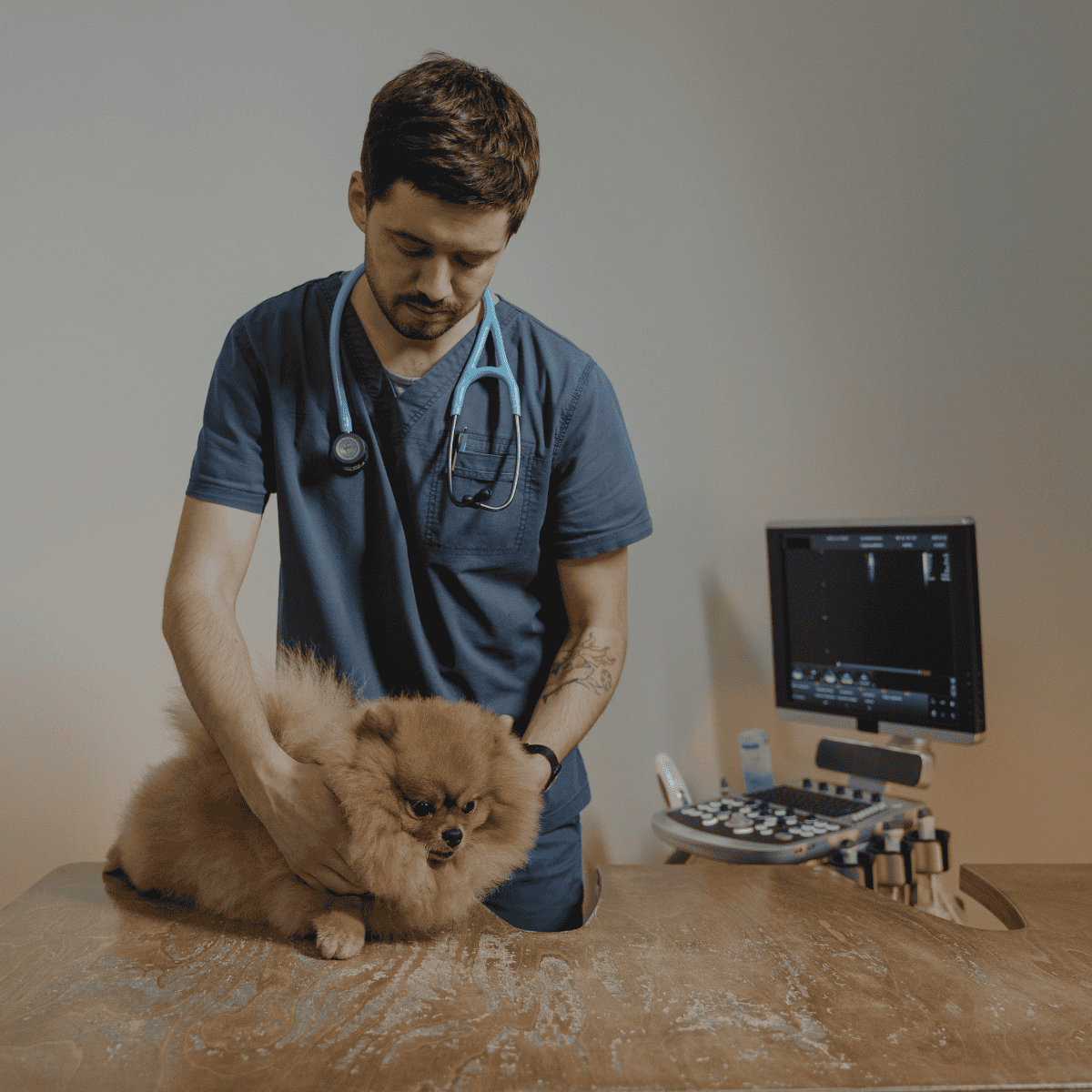
If a dog experiences frequent or severe coughing, it’s important to visit a veterinarian. The vet can check for any underlying health issues that might be causing the problem.
Once the specific cause is identified, the right treatment and prevention strategies can be implemented. Proper attention and care can greatly reduce coughing and gagging in dogs, ensuring their comfort and well-being.
Immediate Care Techniques
Taking action quickly can make a difference if a dog starts coughing and gagging. Keeping the dog calm, using safe handling, and practising good hygiene are vital.
Calm and Restraint
Dogs may panic if they have trouble breathing. Staying calm is crucial. Owners should speak in a soft voice and gently pet their dog. Avoid loud noises or sudden movements that could increase anxiety.
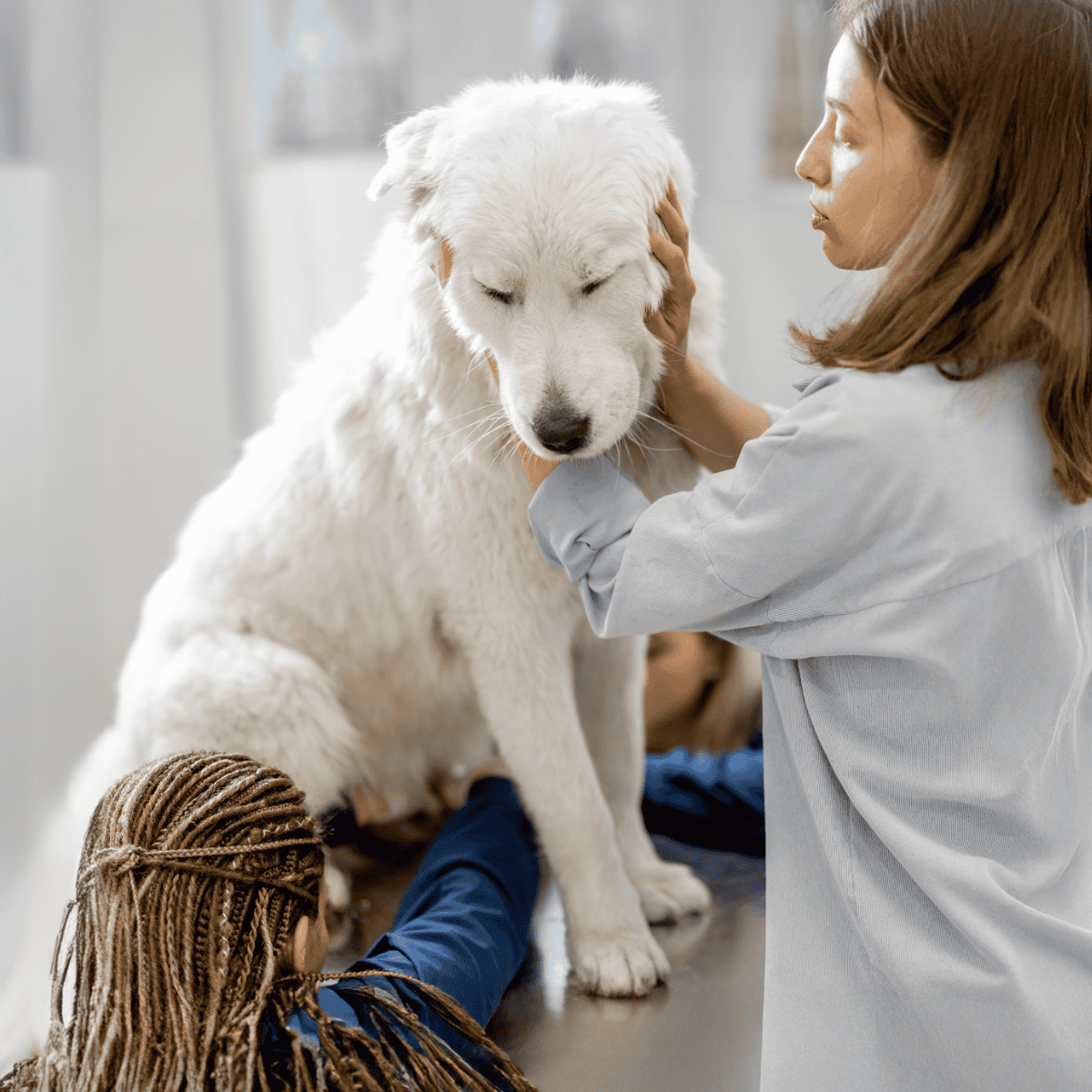
Restraint is essential. Use a leash or harness to keep the dog from moving too much but ensure it isn’t too tight. This can help prevent further distress. If the dog seems aggressive, using a muzzle might be necessary to protect everyone involved.
Isolation and Quarantine
If a dog’s cough seems contagious, keep it away from other pets. Isolation helps prevent the spread of infections. A separate room or confined space is best for this purpose.
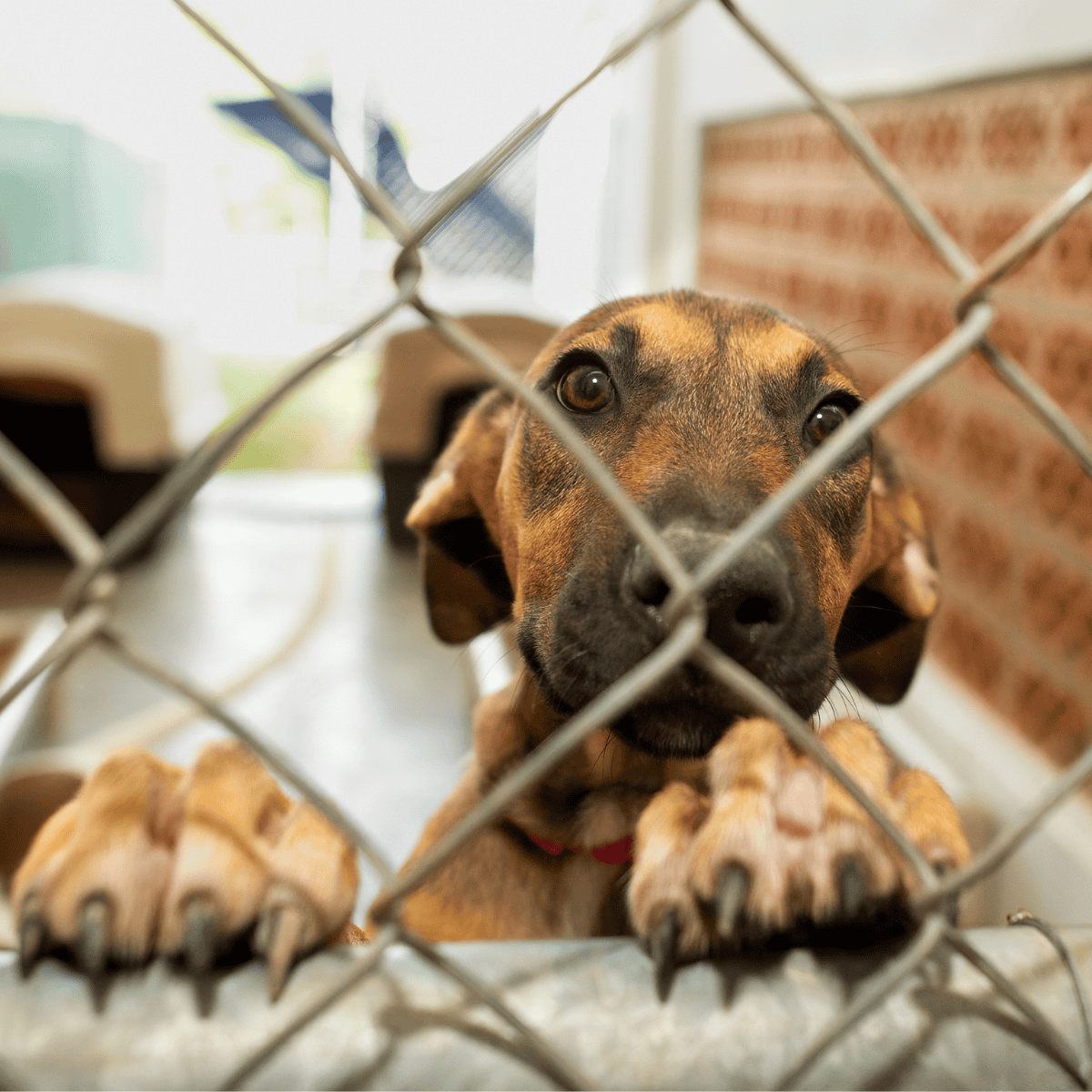
Use good hygiene practices. Wash hands thoroughly after handling the dog and clean any surfaces it may have contacted. This reduces the risk of spreading illness to other animals or humans.
Monitoring the dog’s condition is important, and seeking vet advice if symptoms persist is recommended.
Long-Term Management Strategies
Managing a dog’s coughing and gagging involves more than just temporary treatments. It requires a consistent approach, including proper diet and exercise plans.
Diet and Supplements
A healthy diet plays a significant role in managing a dog’s respiratory health. Choosing a balanced diet helps maintain optimal weight and strengthens the immune system. Foods rich in omega-3 fatty acids and antioxidants can support lung health.

Supplements can also help. Probiotics promote gut health, which can indirectly boost respiratory health. Vitamin C and Echinacea are sometimes recommended to strengthen immunity. Always consult a veterinarian to ensure the diet and supplements are suitable for the dog’s specific condition and breed.
Small meals spread throughout the day might be easier on a dog’s system, helping reduce coughing episodes. Checking with the vet regularly ensures a dog’s diet remains beneficial.
Exercise and Weight Control
Regular exercise is crucial for keeping a dog at a healthy weight. Being overweight can make breathing problems worse, including coughing and gagging.
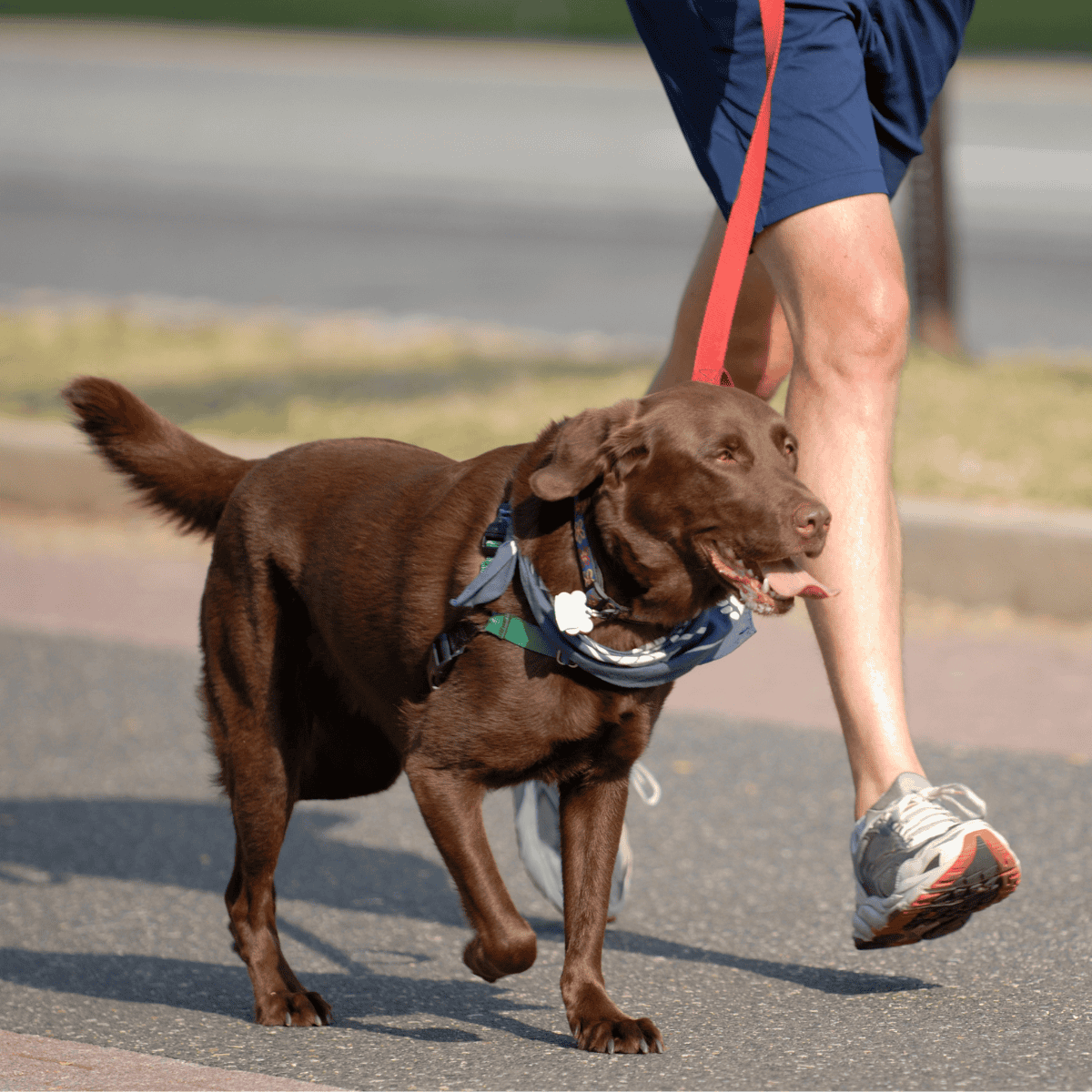
Short and controlled walks, playtime, and engaging activities keep dogs active without overstraining them. Breeds more prone to respiratory issues might need low-impact exercises.
A dog’s physical condition should be monitored to avoid excessive panting or fatigue. Keeping track of a dog’s weight with routine vet visits ensures they stay within a healthy range.
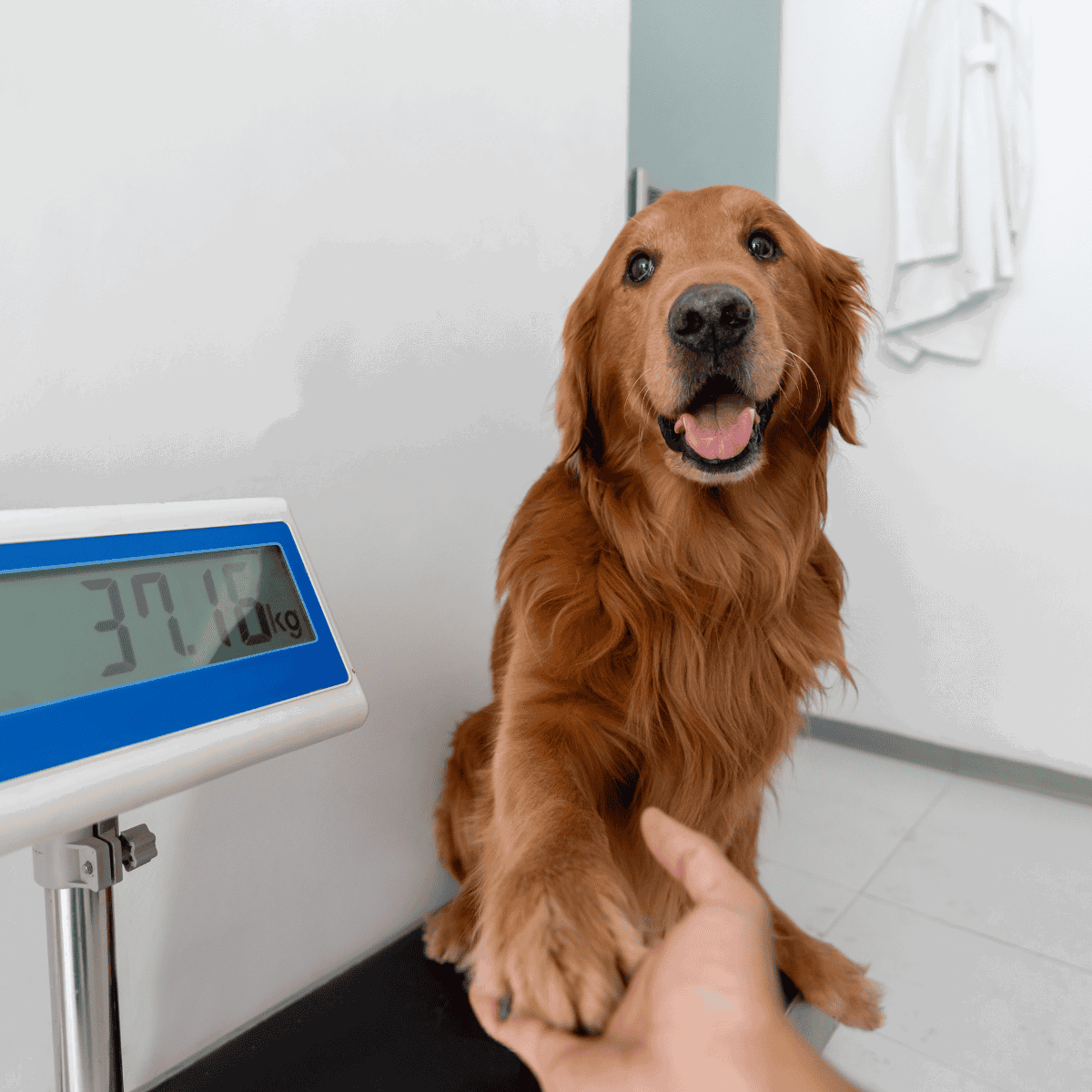
With consistent effort, maintaining a dog’s weight improves their quality of life and reduces the frequency and severity of coughing spells.
Medications and Treatments
When a dog is coughing and gagging, it’s important to find out why. Depending on the cause, different medications or treatments may help. These can range from antibiotics to cough suppressants and even surgical options.
Antibiotics
Antibiotics are used when a bacterial infection is the root of the problem. Common infections include kennel cough or pneumonia. It’s important to visit a vet first.
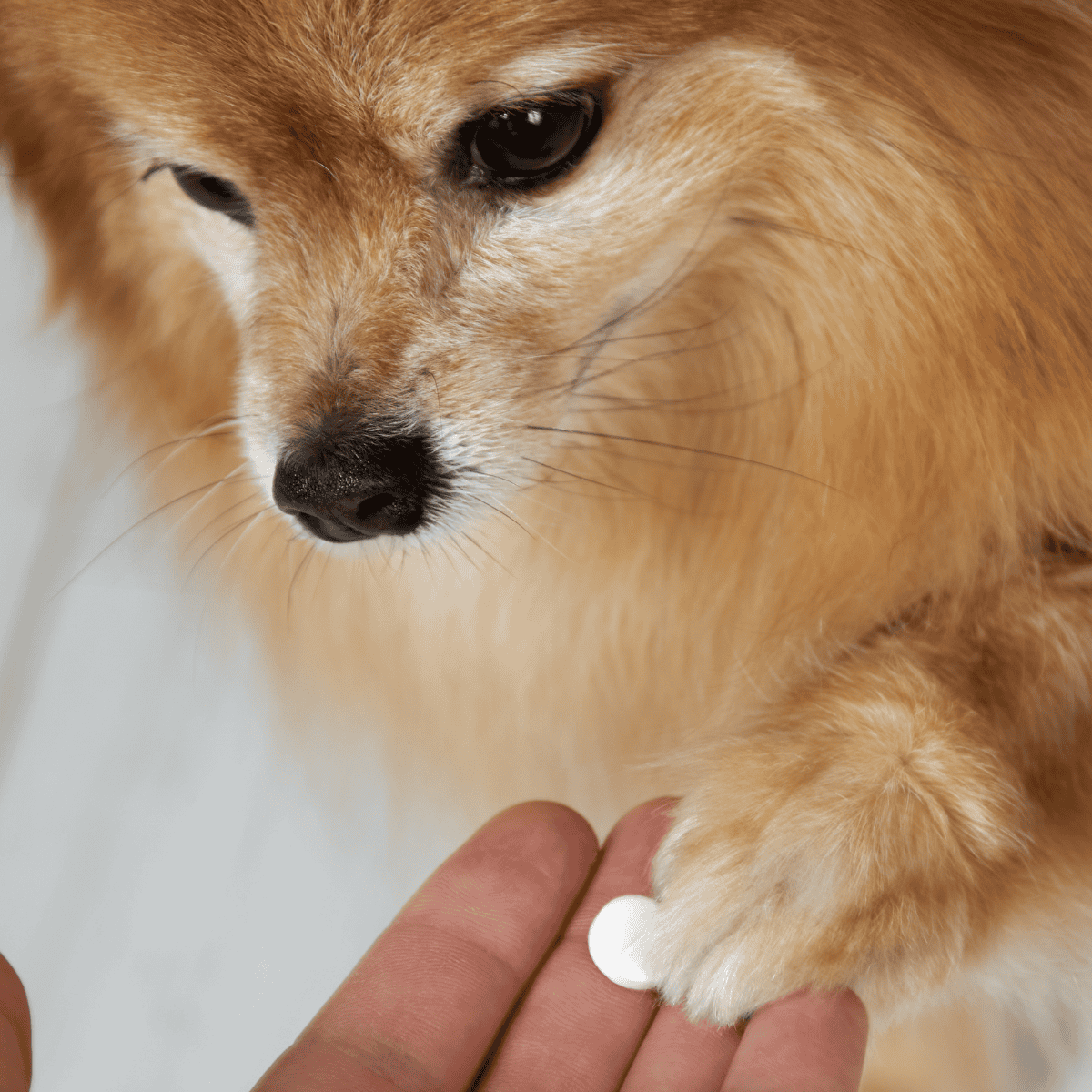
They will determine if antibiotics are needed. Normally, a dog might take antibiotics for a week or longer. It’s very important to follow the vet’s directions. Always finish the prescription, even if the dog seems better.
If antibiotics are stopped early, the infection may return. Keep an eye on how the dog feels and tell the vet if things worsen.
Cough Suppressants
Cough suppressants help a lot when a dog has a dry or non-productive cough. These medications are often prescribed for illnesses like kennel cough. They help ease the symptoms by reducing the cough reflex.
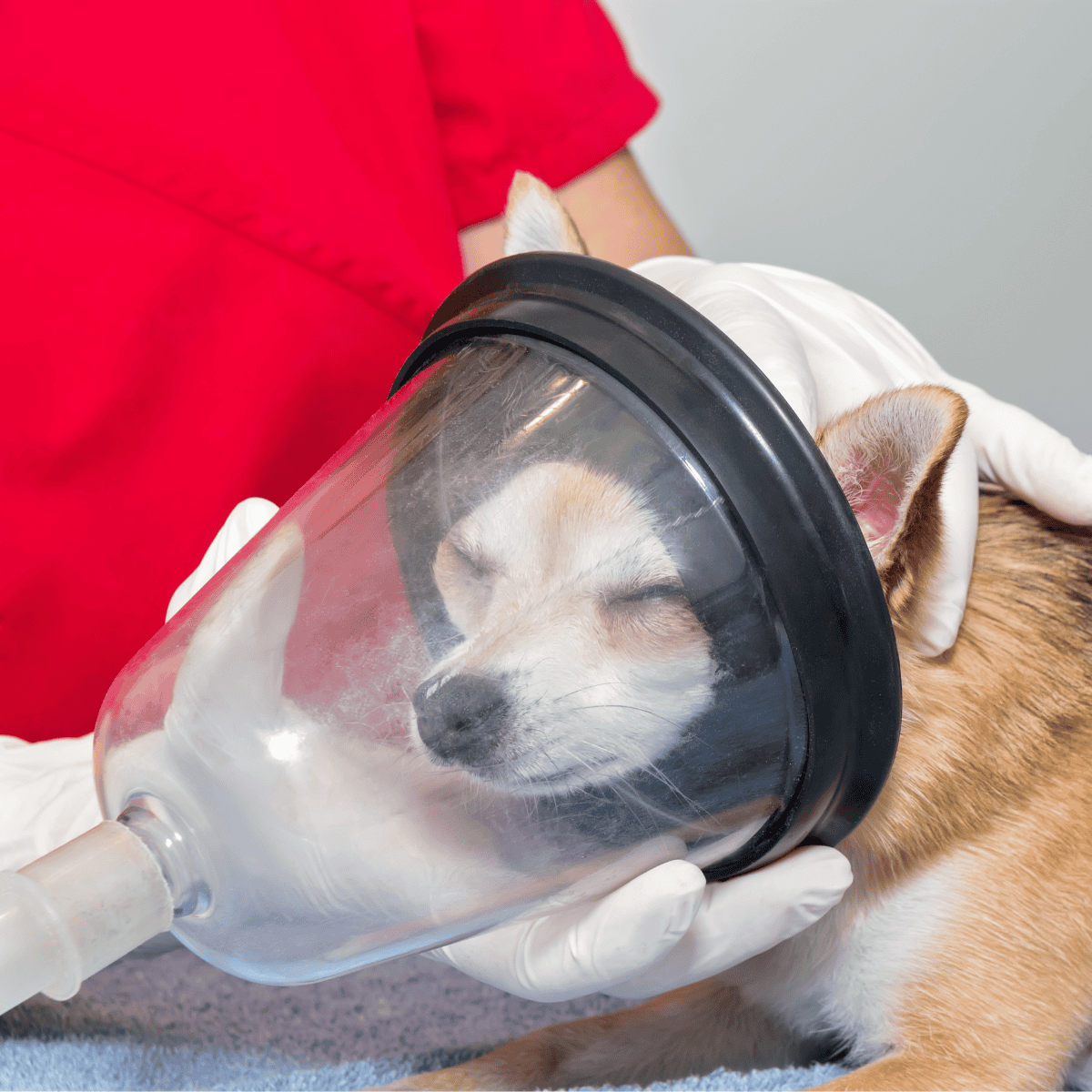
Before using one, a vet should confirm it’s safe. Some conditions may worsen with suppressants, like when phlegm needs to be cleared.
Your vet will suggest the right suppressant and dosage. Don’t give over-the-counter human cough medicine to dogs. They might not be safe or effective.
Surgery Options
Surgery may be needed in some severe cases. If coughing and gagging are caused by something like a collapsed trachea or tumours, surgery might be the solution.
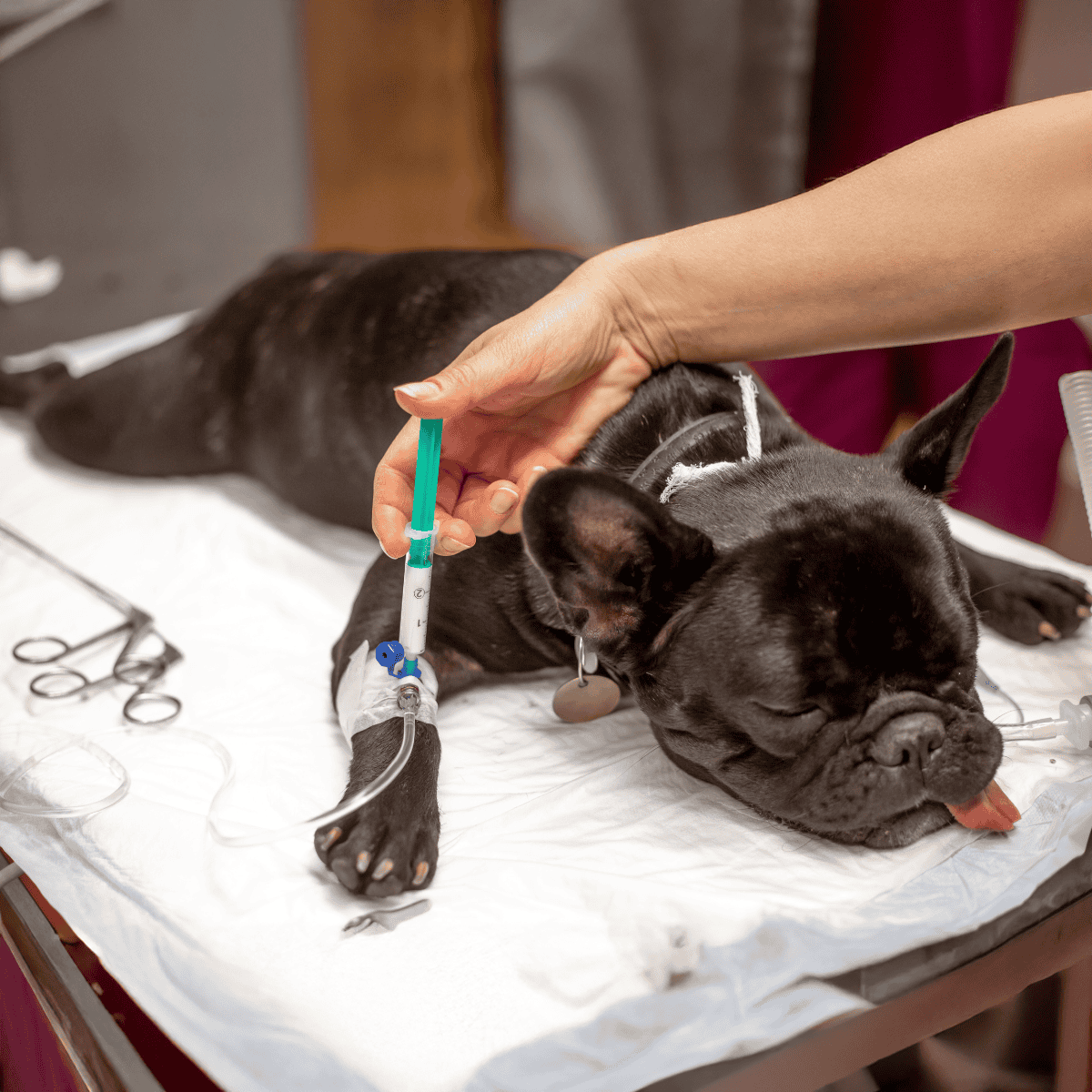
Vet specialists will need to conduct tests first. For cases like a collapsed trachea, surgery strengthens the airways. Tumour removal will depend on the size and location.
Surgery can be expensive and risky, so it’s not the first choice. Always discuss the risks and benefits with the vet. They can explain the chance of success and recovery time.
Preventive Measures
Coughing and gagging in dogs can sometimes be prevented with some simple measures. Taking steps like keeping up with vaccinations, controlling parasites, and scheduling regular vet visits can help keep these symptoms at bay. Here’s how each measure helps.
Vaccination
Vaccinations protect dogs from many diseases that may cause coughing or gagging. Kennel cough, a common illness, is preventable with the right vaccines. Keeping a dog up to date with these shots can prevent this and other respiratory issues.
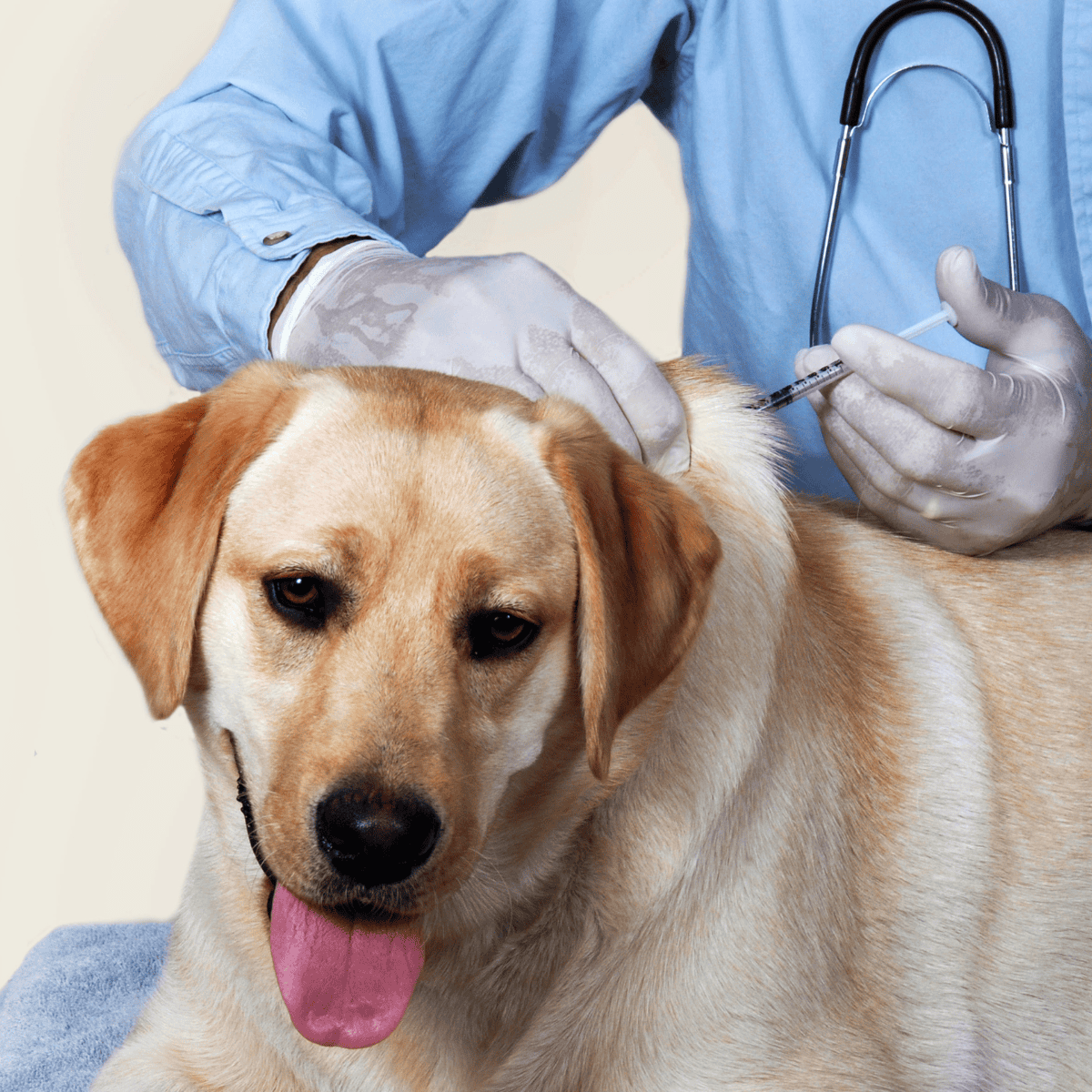
Puppies need a series of vaccines, and adult dogs require booster shots. Veterinarians provide a vaccination schedule tailored to a dog’s specific needs and lifestyle. This plan ensures dogs receive essential protection against contagious diseases.
Parasite Control
Parasites such as heartworms, fleas, and ticks can lead to respiratory problems in dogs. Heartworms, for instance, live near the heart and lungs, causing coughing if untreated. Regular heartworm prevention, either in tablet or topical form, is crucial.

Monthly treatments can prevent fleas and ticks, which also help in avoiding more severe health problems. A clean environment helps reduce the risk of infestations. Regular grooming can assist in detecting and removing parasites early.
Regular Vet Check-Ups
Regular visits to the vet are essential for a dog’s health. These check-ups help detect issues before they become severe. Vets listen to a dog’s heart and lungs, making sure everything sounds normal. If coughing or gagging is noted, they might suggest additional tests.
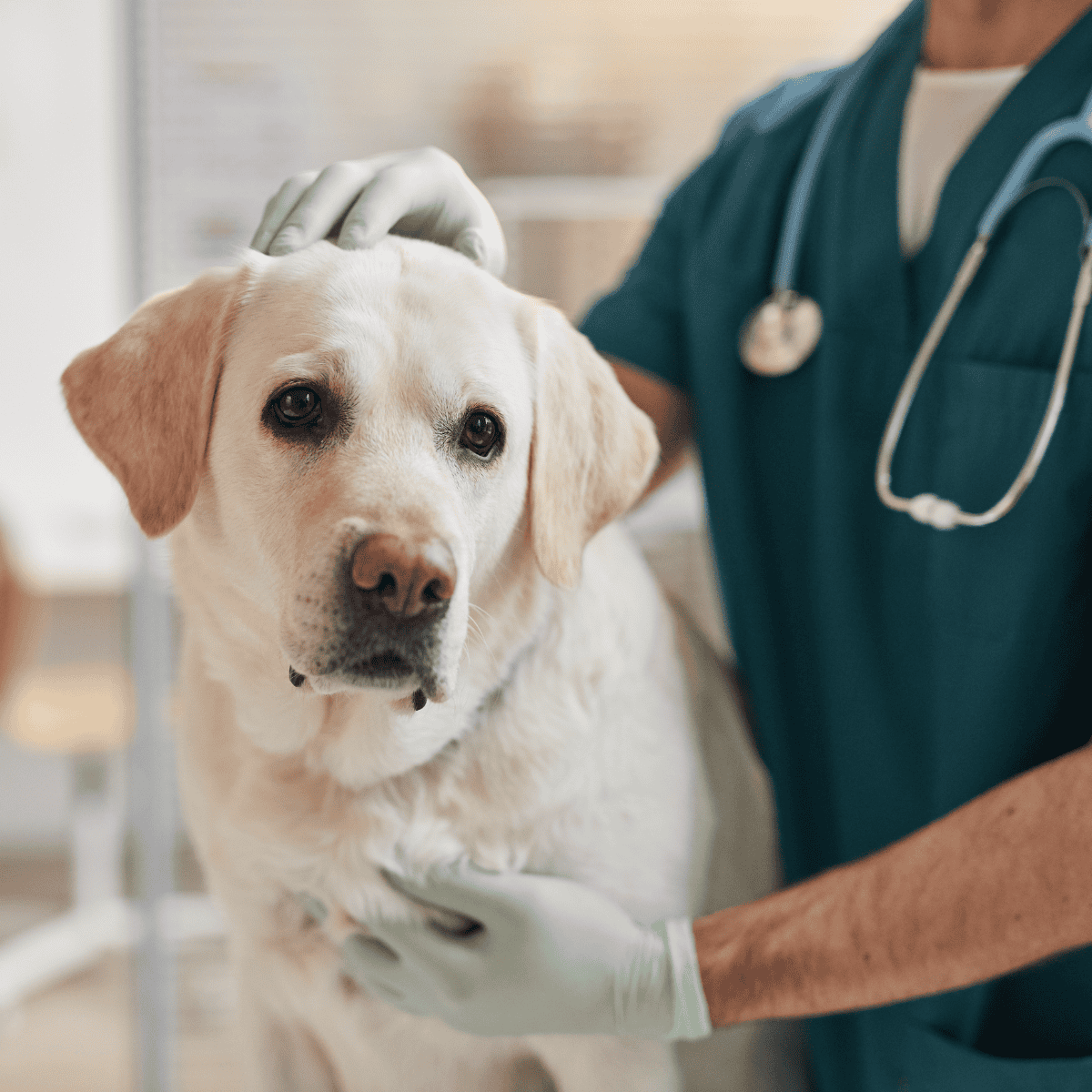
Routine care visits also include necessary vaccinations and parasite screenings. Establishing a strong relationship with a vet ensures that any emerging health concerns are quickly addressed, leading to a healthier life for the dog. Regular follow-ups help keep dogs in the best possible shape.
Home Remedies and Natural Therapies
Many dog owners prefer natural options to help their pets. These can include using humidifiers to ease breathing and herbal supplements to support the immune system.
Humidifiers
Adding a humidifier can relieve coughing by increasing air moisture. It helps in loosening mucus in a dog’s throat and lungs, making it easier for them to breathe. Keeping the humidifier in the room where the dog spends most of its time is most effective.
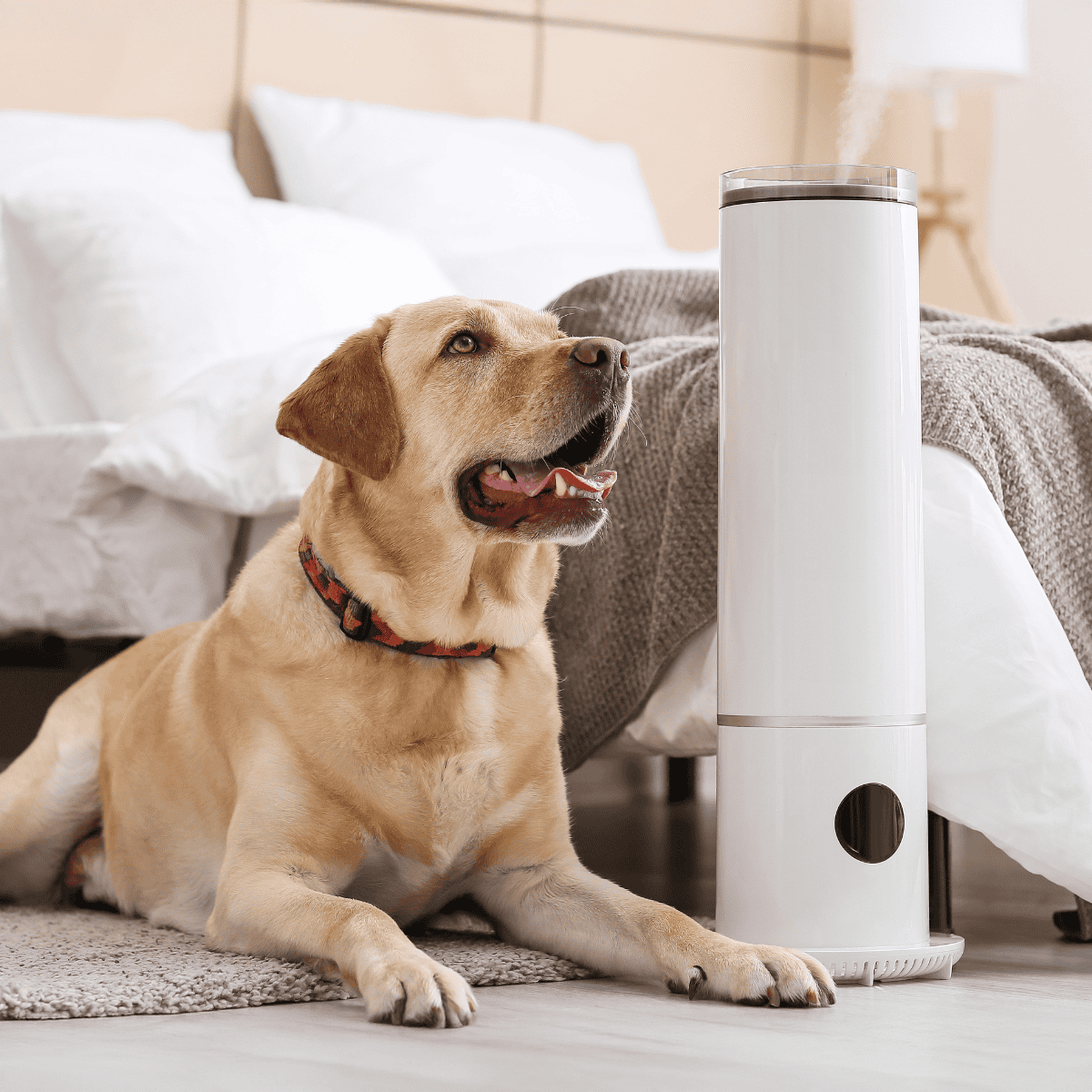
Using a cool-mist humidifier is more beneficial than a warm-mist one. The cool air prevents discomfort and reduces the risk of burns if the dog gets too close. Regular cleaning is necessary to prevent mould growth, which could worsen the dog’s symptoms.
Herbal Supplements
Herbal supplements can be another useful home remedy. Herbs like licorice root and marshmallow root may help soothe a dog’s throat. These herbs are known for their anti-inflammatory properties, which help reduce irritation.

Echinacea may also boost the immune system. It’s important to consult a vet before giving any herbal supplements to ensure they’re safe for the dog. Always use the recommended dosage, and be cautious of any allergic reactions or side effects.
Recognizing Emergencies
When a dog is coughing and gagging, this might signal a serious issue. Learning to spot signs of choking hazards and breathing difficulties helps in addressing potential emergencies quickly.
Choking Hazards
Dogs often eat things they find on the ground. Small objects, like parts of toys, bones, or even pieces of food can become lodged in their throat. If a dog is pawing at its mouth, has difficulty swallowing, or is coughing strongly, it might be choking.
When the owner observes their dog may be choking, they should stay calm, check the mouth and airway for obstruction, and seek immediate help.

If the dog is unable to breathe, perform the Heimlich manoeuvre for dogs. Use firm and gentle upward thrusts to try to dislodge the object. Afterward, consult a vet to ensure no internal injury has occurred.
Breathing Difficulties
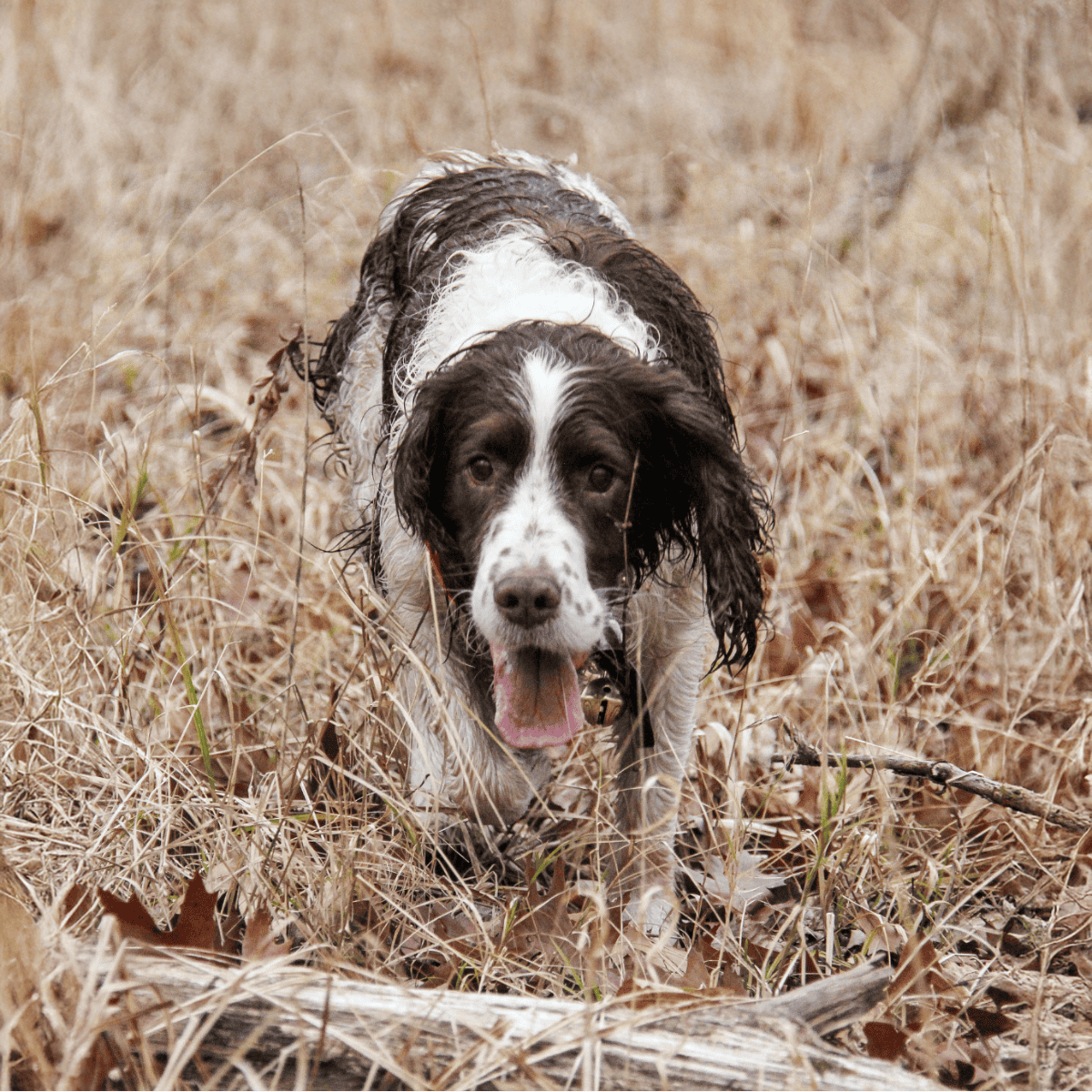
Breathing troubles can also cause coughing and gagging. If a dog’s breathing sounds noisy or laboured or if it is breathing faster than usual, these are signs of distress. This could be due to asthma, allergic reactions, or infections affecting the airways.
Warning signs include bluish gums, deep coughing, and rapid breathing. A dog is breathing rapidly when it takes more than 30 breaths per minute while resting.
Immediate veterinary attention is crucial. The vet can provide oxygen therapy and appropriate medication if needed. Monitoring a dog’s breathing pattern regularly helps in spotting potential issues early on.
When to Consult a Veterinarian
Symptoms that prompt a visit to the vet include prolonged and continuous coughing, difficulty breathing, and loss of appetite changes in a dog’s regular behavior. For example, if the dog seems unusually tired or not interested in food, lethargy, or weakness.
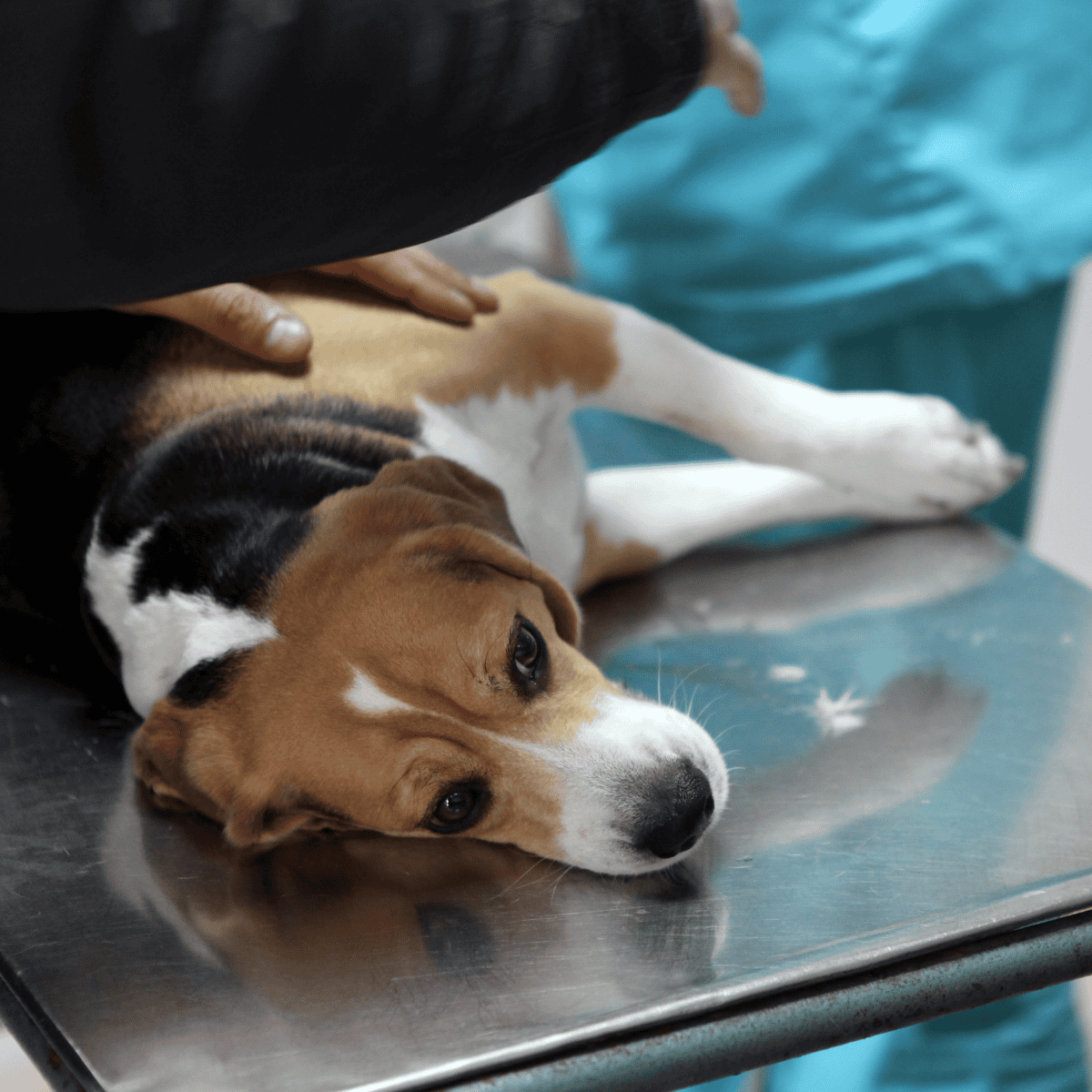
Blue or pale gums can indicate difficulty breathing, signaling low oxygen levels in the body. Gagging while coughing can also indicate an obstruction in the airway, resulting in difficulty breathing. Wheezing or honking noises while coughing can indicate a viral infection that should be checked immediately by the vet.
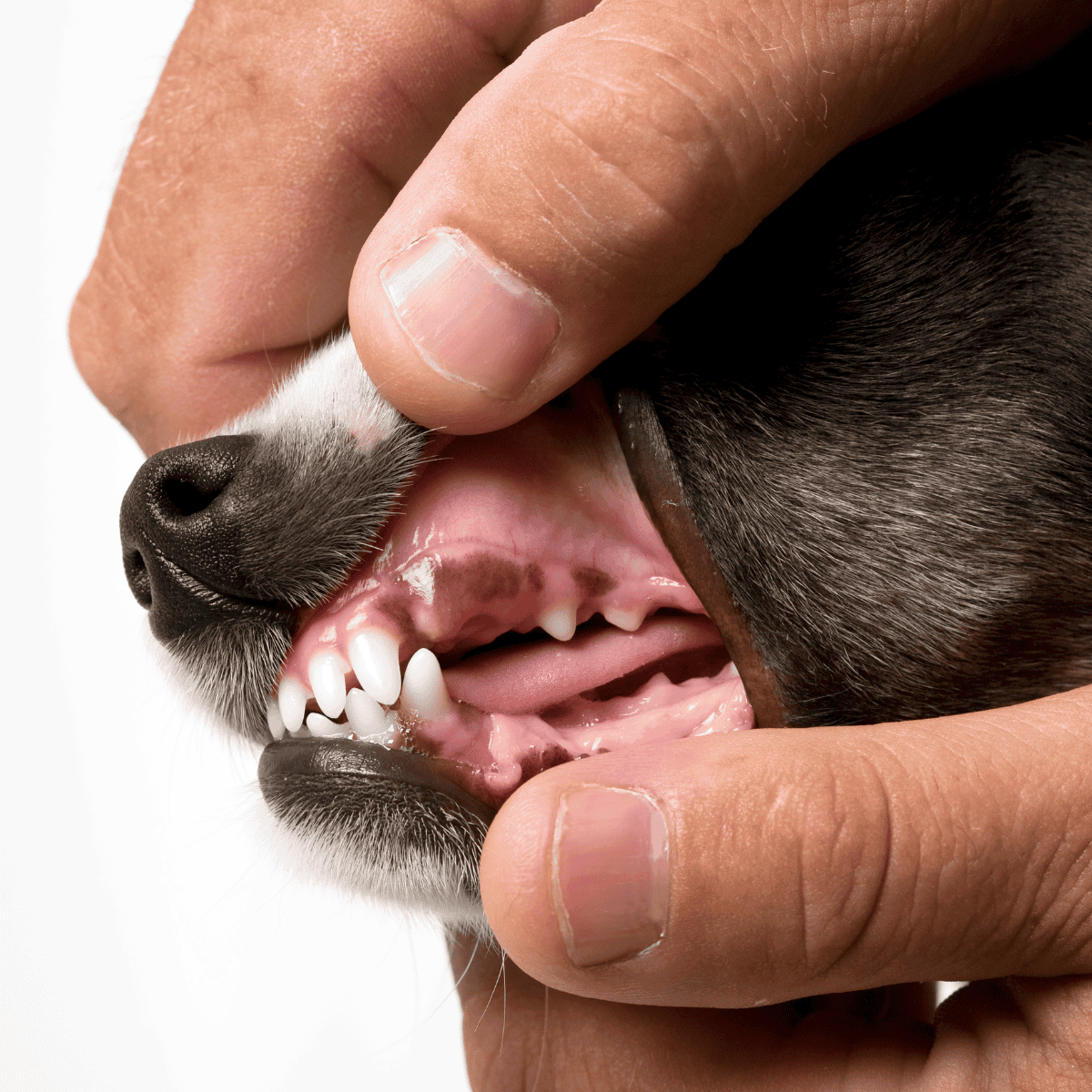
Dogs with chronic health conditions, like heart problems or allergies, have a higher risk of serious complications. Veterinary intervention can help prevent worsening conditions and provide peace of mind.
A veterinarian can perform tests to determine the cause of the coughing. Early treatment often leads to better outcomes. Owners should keep records of symptoms and any other changes to help the veterinarian make accurate diagnoses.
Understanding Age-Related Coughing Issues
As dogs age, their bodies change, which can lead to coughing. Older dogs may experience problems with their respiratory system, heart, or other organs. Coughing can be due to specific age-related conditions. Knowing these can help dog owners provide better care.
Heart disease, collapsing trachea, and lung problems are common causes of coughing in older dogs. These dogs often develop conditions like congestive heart failure, which leads to fluid buildup in the lungs.
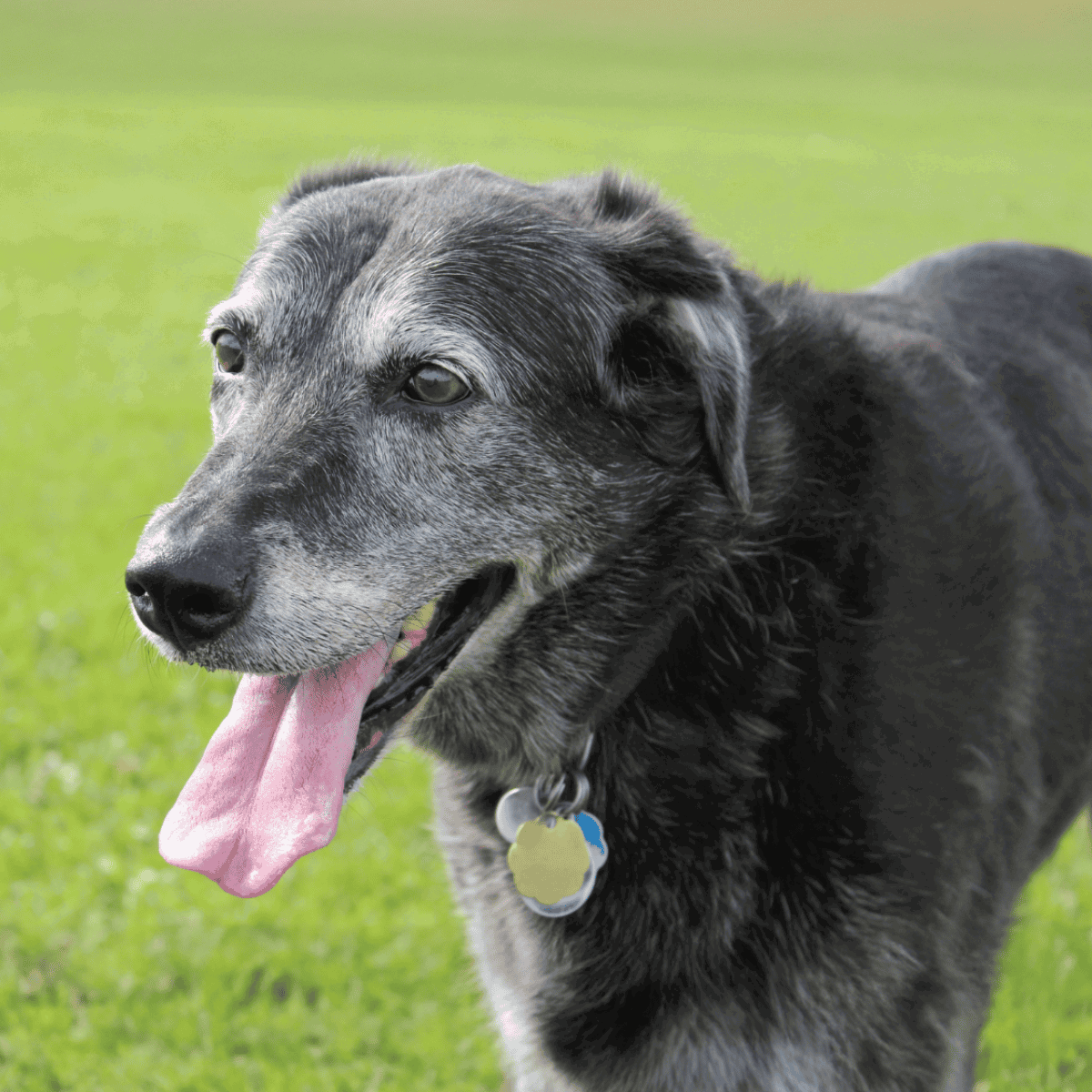
It is important to observe when and how often the cough occurs. Questions to consider:
- Is the cough dry or wet?
- Does it happen more at night or during exercise?
- Are there other symptoms like fatigue or weight loss?
These observations can help a vet diagnose the issue. Early detection is crucial in older dogs. Regular check-ups are advised to catch any problems early. Medications, lifestyle changes, or special diets may be recommended by a vet. In some cases, surgery might be needed. Each dog’s needs are unique, so personalised care is important.
